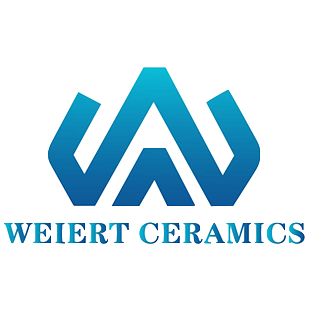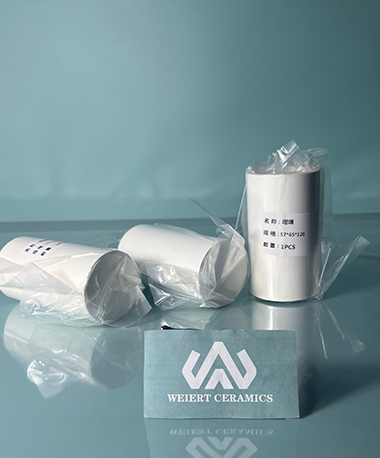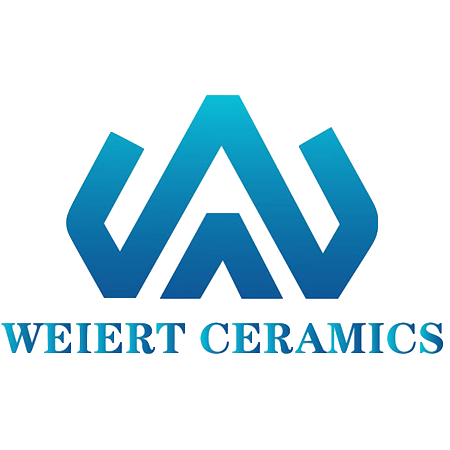One of the more modern innovations is a dental specialty material called zirconia, and it has been used in place of traditional materials like porcelain or ceramic to even greater acclaim. In this piece we are going to discuss zirconia: what is it, and should you have (or not) in your practice!
Understanding the applications of Zirconia
Zirconia is far superior to porcelain or ceramic in so many ways that makes it the perfect dental material. It makes a new ideal option to get those professionally created assignments that desire the strength along with coherence. Unlike the other members, zirconia will not chip or crack easily- meaning that restorations will endure for years. Moreover, zirconia supports the cases in which patient exhibits allergies or sensitivity to metal, as it is biocompatible and hypoallergenic that makes them highly craved by dental clinics.
Innovating with Zirconia
Zirconia also played a role in many other improvements for dental application which made way to diversified methods of making patient-specific restorations. Today, dental professionals are able to place an even greater number of specific zirconia types in direct relation with the indication. Workflow can include any type of dental restoration (crowns, bridges, inlays/on lays and implant abutments). Today, due to the incredible improvements in technology and a better-grade materials most reputable dentists are able to provide their patients with amazing restoration results which can turn out for best outcomes.
Zirconia Safety
The zirconia itself is a material that is bio-compatible, that when inserted in the mouth generally does not cause any type of allergic reaction and has few chances to be rejected by the human organism. Corrosion and chemical resistance are further properties that add to the safety of zirconia. These restorations are non-toxic zirconia restorations will not be toxic and hence, the patients may have peace of mind if they bear these remedies on them.
Zirconia Applications in Diverse Areas
Zirconia, a revolutionary ceramic material that has none-to-rarely seen before combination of aesthetics and high strength which makes it the perfect choice for long term functional and esthetic restorations in modern dentistry. Similarly, in dental implantology usages are widespread as illustrated by the frequent use of ZrO 2 for implant abutments which demonstrates this adaptability and functionality. Both the dental laboratory and dentist get benefits from zirconia, which allows them to work closer together for better patient treatment.
Understanding zirconia use
The application of zirconia for dental service, associated with the track in a line to be pursued and that has been sent these shots to the dental laboratory from the squeezed views of this affected region. Skilled technicians design the restoration, and it is then digitally cut, by CAD/CAM technology from a zirconia block. The final product is returned to the dental office, and it can be inserted with precision in order for maximum proximity fitment and functioning.
Zirconia Restorations of the Highest Standard
Zirconia restoration has these values when it comes to the next dental restorations in line, quality and service. Complex restorations often require a great deal of education that the labs are quick to remind staff make good techs and provide excellent service with precise results. The warranties offered by these institutions also stand as a proof to the level of patient care and customer services they offer.
The Different Patterns of Zirconia According to How It Is Used in Dentistry
Zirconium dioxide is a versatile material that can enhance dentistry treatment outcomes beyond its traditional usage. It is important to note how widely we can apply Zirconia as it also integrates applicability in the world of orthodontics apart from its routine work which comes under restorative dentistry category, by means of brackets and wires represents a vivid statement on this fact. Furthermore, properties of zirconia indicated a potential use in implant dentistry as an abutment and showed promises when confronted with other clinical situations like complex full mouth rehabilitation cases.
In Conclusion
Most recently, zirconia is its own dental material as opposed to before when it was just combined with porcelain (a type of ceramic). The constant evolution of zirconia technology has revolutionized dentistry in virtually every aspect, providing true customization and quality results. The excellent safety profile of this type of product makes it an ideal choice for patient self-selection and can improve the quality and standard in service offering to dental professionals by providing better alternatives as well to patients that require oral healthcare. And don't forget - zirconia still remains a great material for practitioners to use in dentistry offering an array of treatment options endless possibilities!

 EN
EN
 AR
AR
 HR
HR
 CS
CS
 DA
DA
 NL
NL
 FI
FI
 FR
FR
 DE
DE
 EL
EL
 HI
HI
 IT
IT
 JA
JA
 KO
KO
 NO
NO
 PL
PL
 PT
PT
 RO
RO
 RU
RU
 ES
ES
 SV
SV
 CA
CA
 TL
TL
 IW
IW
 ID
ID
 LV
LV
 LT
LT
 SR
SR
 SK
SK
 SL
SL
 UK
UK
 VI
VI
 TH
TH
 TR
TR
 FA
FA
 AF
AF
 MS
MS
 GA
GA

